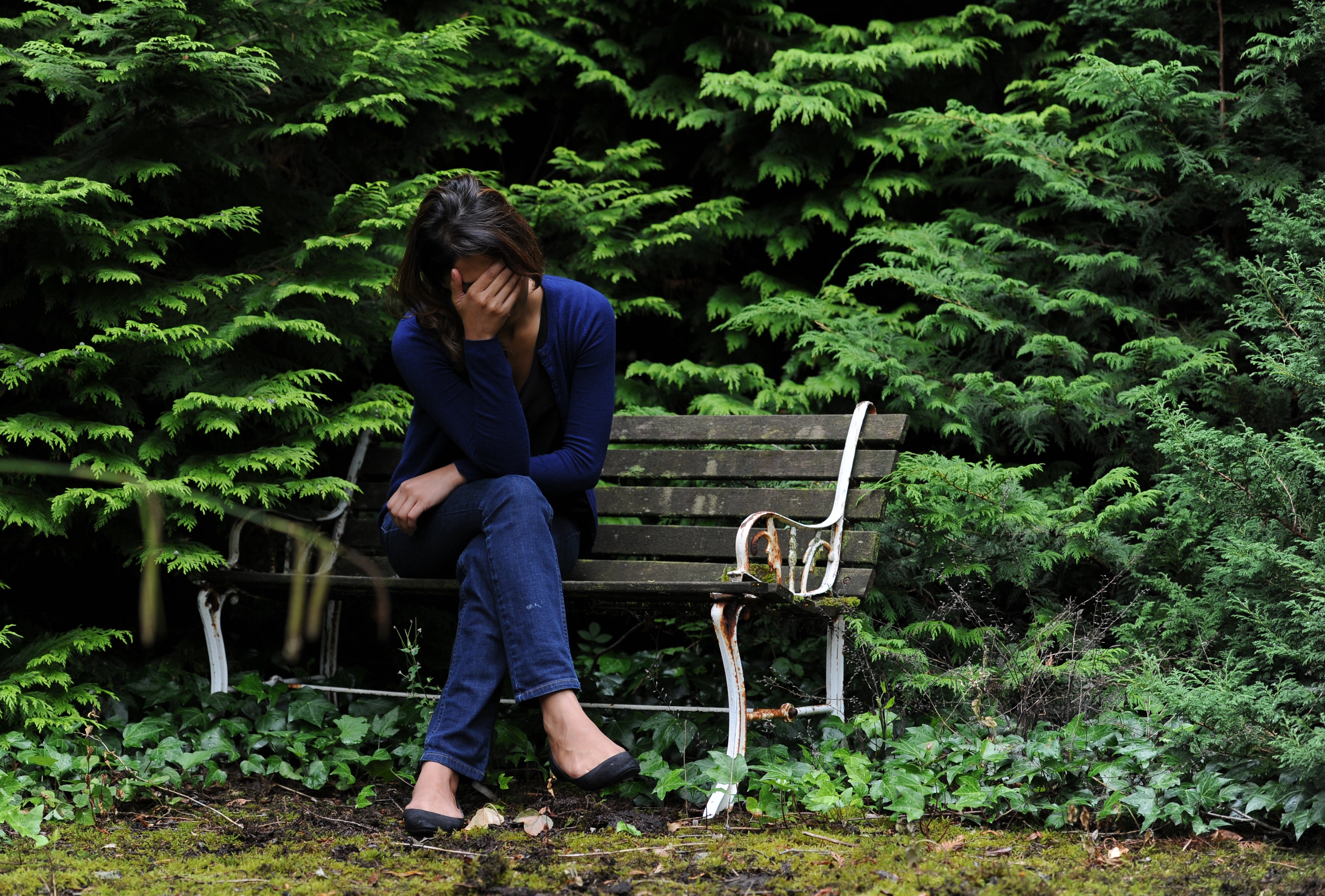Hormones linked to sleep apnoea and snoring in postmenopausal women – study
Researchers suggest adjusting female sex hormones might be a way to reduce the high prevalence of obstructive sleep apnoea.

Your support helps us to tell the story
From reproductive rights to climate change to Big Tech, The Independent is on the ground when the story is developing. Whether it's investigating the financials of Elon Musk's pro-Trump PAC or producing our latest documentary, 'The A Word', which shines a light on the American women fighting for reproductive rights, we know how important it is to parse out the facts from the messaging.
At such a critical moment in US history, we need reporters on the ground. Your donation allows us to keep sending journalists to speak to both sides of the story.
The Independent is trusted by Americans across the entire political spectrum. And unlike many other quality news outlets, we choose not to lock Americans out of our reporting and analysis with paywalls. We believe quality journalism should be available to everyone, paid for by those who can afford it.
Your support makes all the difference.Hormones may be linked with breathing issues while asleep and snoring in postmenopausal women, new research suggests.
According to the study, middle-aged women with low levels of the sex hormones oestrogen and progesterone are more likely to snore and to report symptoms of obstructive sleep apnoea (OSA).
Researchers suggest adjusting female sex hormones might be a way to reduce the high prevalence of the condition.
Middle-aged women with low serum oestrogen and progesterone levels are more likely to and report symptoms of obstructive sleep apnoea
The prevalence of obstructive sleep apnoea — in which breathing stops and starts during sleep – is known to be higher in women after menopause.
But until now, no study has examined whether this is the result of altered sex hormone levels.
The study authors said: “Female sex hormones are crucial for health and disease, and especially after menopause the hormone status should be considered to develop holistic treatment strategies.”
They conclude: “Middle-aged women with low serum oestrogen and progesterone levels are more likely to and report symptoms of obstructive sleep apnoea.”
In the new study, researchers analysed data from 774 women aged 40 to 67 in the European Community Respiratory Health Survey, conducted in seven countries between 2010 and 2012.
They had answered questionnaires on their respiratory health, women’s health factors, lifestyle and sleep, and gave blood samples for hormone analysis.
Of the sample, 551 (71.2%) had been told they snored, and 411 of those women also reported other symptoms of sleep apnoea.
Among all women, a doubling of concentrations of the hormone oestrone was associated with 19% decreased odds of snoring.
While a doubling of progesterone levels was associated with 9% decreased odds of snoring, the study found.
Among snorers, a doubling of the concentrations of three oestrogens was associated with 17% to 23% decreased odds of women having been told they breathe irregularly during sleep.
The research also found that a doubling of progesterone concentration, among snorers, was associated with 12% decreased odds of having woken with a choking sensation in the previous year.
Researchers say further studies are needed to confirm the findings published in the PLoS One journal.